What is a Quiet Title action?
They say that possession is 9/10ths of the law, but when it comes to real estate, we might say that title is 9/10ths. Ensuring that a title is valid and that there are no conflicting claims to ownership of a property is crucial to any sale of real estate, especially since land changes hands often and the historical paper trail is not always cut and dry.
A quiet title action essentially seeks to determine the actual owner of a property. Specifically, a quiet title action, so called because the suit is mean to “quiet” dispute over a property, is a lawsuit in which one party attempts to negate a claim of interest on a property by another party or eliminate ambiguity regarding real property: the plaintiff asks the court to void the defendant’s claim to a piece of real estate, settle boundary disputes, or even correct errors in a property’s chain of title. Sometimes a quiet title action is brought together with other remedies, such as damages.
An instrument (a formal legal document) that proposes a potential or actual claim of partial or complete ownership of a property that may conflict with the plaintiff’s claim is a “cloud,” and a suit to remove a cloud seeks to negate the document, fraudulent or otherwise, that poses a threat to the plaintiff’s claim. A quiet title action may sometimes be used to remove a “cloud,” and thus is sometimes used interchangeably with a “suit to remove a cloud,” although the specific goals of the two actions are slightly different.
California’s Code of Civil Procedure also includes a little-known provision that the court may not enter a default judgment in a quiet title suit but must instead hear evidentiary testimony. To ensure that the quiet title action is valid, and because even judges are sometimes unaware of this provision, it is important that a real estate attorney notify the court that this hearing must be held. This hearing must be held in open court where the plaintiff and defendant may participate and present evidence, even if the defendant had not previously participated in case. These highly specific requirements are to ensure a proper judgment, given the importance and irreversibility of the judgment (2011 WL 6318525 Cal.App. 4th Dist. 2011). Because the rules of California civil procedure are so precise, it is incumbent upon the real estate attorney him or herself to ensure that the court knows and follows all required provisions and does not hastily grant a default judgment that won’t hold up if challenged. In addition, the plaintiff must prove claim to the title not merely by a “preponderance of evidence,” the burden in most civil cases, but rather by “clear and convincing proof” (Evid. Code §662).
In general, if the plaintiff proves their case, there are two outcomes: if the claim to the title is the result of fraud, the deed will be canceled or fall into recission; if the claim to the title was the result of a mistake, the deed will most likely fall into recission. (In other words, legally speaking, it will be as if the defendant’s claim to the title and any documents to that effect never existed.)
If you are involved as a plaintiff or defendant in a quiet title action in California, it is definitely the right time to hire a real estate attorney. These actions are complex, and we have only covered the basics in this short article. Gomez & Simone is highly experienced in this field of law and would be happy to set up a consultation to assess your particular needs.


